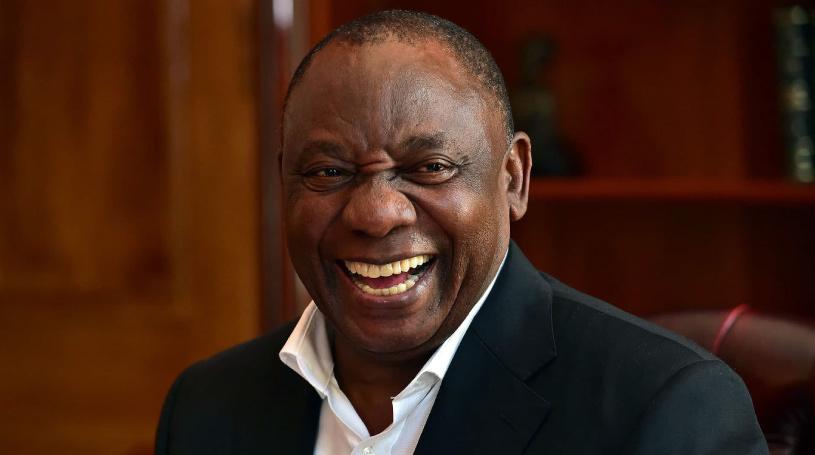It would be wonderful if this plan comes together
A cynical view of government promises made of greater economic growth, poverty alleviation, job creation, and free this, that, and the other, that our leaders have delivered since 1994, is so commonplace that expressing it has become something of an art form.
Few should be surprised by the less-than-enthusiastic response to the government’s economic recovery plan which has finally seen the light of day, culminating in its presentation by the President to a joint session of Parliament.
Perhaps anticipating this, the President’s office published its reasons why, this time, it would be different, and indeed there was a different tone to the President’s speech, much stronger than that in the Plan which, by contrast, suggested overriding anxiety to please every lobby group in the country.
The optimism expressed by the Project Management Office in the Presidency was to be expected, and it makes a handy check-list against future performance.
It points to significant differences between the Plan as described by the President and previous ones that promised much and delivered little.
There is more focus on a small number of commitments. It also has a team of top political and civil services bosses in charge of seeing them happen. The National Economic Recovery Council should mean fewer places to hide, to delay, or obfuscate – that raft of well-known devices all civil servants use -- and indicates a change from a compliance approach to an emphasis on outcomes and impact.
Most of all there is a recognition that for the government to regain public trust and convince the cynics that it can deliver substance as well as rhetoric, it must demonstrate its capacity to implement a few things well.
Hope springs eternal in even the most cynical of breasts, and it would be wonderful if this time the plan does come together because it must.

